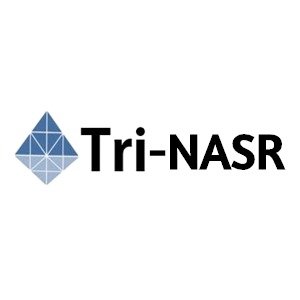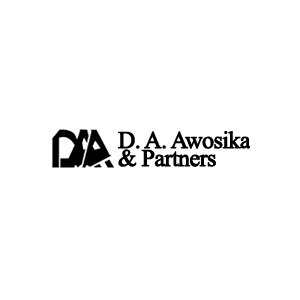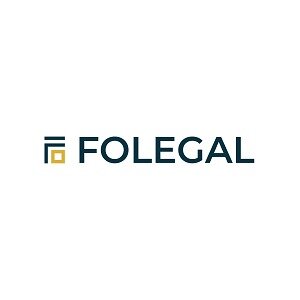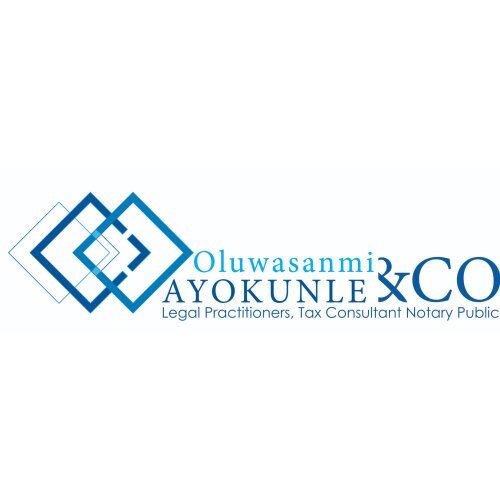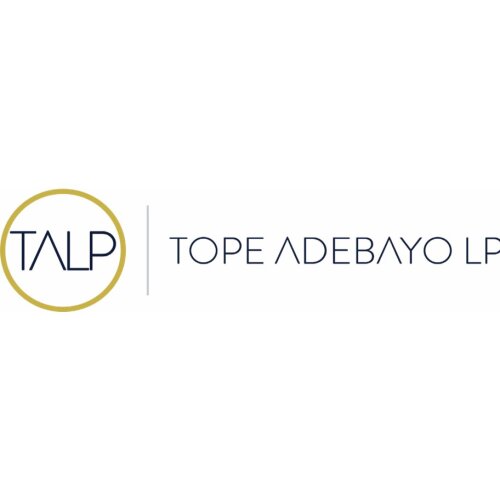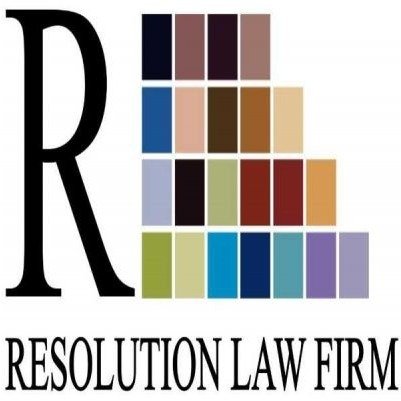Best Structured Finance Lawyers in Ikeja
Share your needs with us, get contacted by law firms.
Free. Takes 2 min.
List of the best lawyers in Ikeja, Nigeria
About Structured Finance Law in Ikeja, Nigeria
Structured Finance refers to complex financial instruments and transactions that are typically used by companies, financial institutions, or government entities to raise capital, manage risk, or improve liquidity. In Ikeja, Nigeria's thriving commercial hub, structured finance encompasses transactions such as securitizations, syndicated lending, asset-backed securities, and derivatives. These transactions often involve multiple parties, tailored legal agreements, and compliance with both local and international regulations. The role of structured finance law is to ensure that all participants' interests are legally protected and that transactions adhere to applicable rules and standards.
Why You May Need a Lawyer
Engaging in structured finance transactions can be complex, with high financial stakes and strict regulatory oversight. You may need the help of a structured finance lawyer in Ikeja for several reasons:
- If you are involved in securitizing assets such as loans, receivables, or mortgages
- When negotiating or drafting terms for syndicated loans or project finance
- To navigate Nigeria's regulatory requirements and obtain necessary approvals from regulatory agencies
- If you are an investor or financier looking to assess risk and carry out due diligence before entering a structured finance deal
- To resolve or negotiate disputes arising from complex financial transactions
- If you are seeking to innovate new financial products within the confines of Nigerian law
Having a lawyer ensures your interests are protected, documentation is in order, and all activities comply with relevant laws.
Local Laws Overview
Structured finance in Ikeja is primarily governed by Nigerian federal laws and financial sector regulations, but local state laws and customs may also play a role. Some key aspects include:
- Banks and Other Financial Institutions Act (BOFIA): Sets out licensing, operational, and compliance requirements for banks and financial institutions operating in Nigeria.
- Companies and Allied Matters Act (CAMA): Lays the legal groundwork for business incorporation, corporate governance, and directors' responsibilities within structured finance deals.
- Investment and Securities Act: Overseen by the Securities and Exchange Commission (SEC), this act regulates public offerings, securities issuance, and investor protection.
- Guidelines from the Central Bank of Nigeria (CBN): CBN regularly issues circulars and regulations for financial markets, capital adequacy, and permissible transactions.
- State and Local Regulations: Some local taxes, stamp duties, or documentation procedures may be required in Ikeja and Lagos State.
Transactions often require approvals from regulatory authorities such as the Central Bank of Nigeria or SEC, and legal counsel is important to ensure compliance at every step.
Frequently Asked Questions
What is structured finance in the Nigerian context?
Structured finance in Nigeria refers to customized financial products or instruments, such as securitizations or syndicated loans, designed for large businesses and financial institutions to raise capital, manage risks, or improve liquidity, especially in ways that may not be possible with conventional lending.
Who regulates structured finance transactions in Ikeja?
The regulatory framework is primarily governed by the Central Bank of Nigeria (CBN), the Securities and Exchange Commission (SEC), and sometimes the Nigerian Stock Exchange for publicly traded instruments. Local agencies may also be involved in Ikeja and Lagos State for specific documentation or tax purposes.
Are there restrictions on foreign participation in Nigerian structured finance deals?
Yes, foreign entities can participate but must comply with Nigerian foreign exchange regulations, investment laws, and obtain necessary approvals from regulatory agencies such as the Nigerian Investment Promotion Commission (NIPC) and the CBN.
What is securitization and how does it work in Nigeria?
Securitization involves pooling assets like loans or receivables and converting them into tradeable securities sold to investors, thereby raising capital. It is a regulated process requiring compliance with SEC and CBN rules in Nigeria.
Is due diligence necessary before entering into structured finance agreements?
Yes, due diligence is essential to assess risks, verify assets, and ensure parties have the capacity and authority to enter the transaction. Lawyers often coordinate the due diligence process.
What documents are typically involved in a structured finance transaction?
Typical documents include loan agreements, security agreements, trust deeds, offering circulars or prospectuses, legal opinions, and regulatory consent letters.
What are the main risks associated with structured finance?
Risks include credit risk, compliance risk, legal documentation errors, market risk, and reputational risk. Proper structuring and legal advice help mitigate these risks.
Must all structured finance deals be approved by the SEC or CBN?
Not all deals require approval, but transactions involving public issuance of securities, asset-backed securities, or regulated financial institutions often do. Regulatory advice is critical in determining what approvals are needed.
Can individuals participate in structured finance, or is it only for companies?
Structured finance transactions are typically large-scale and mostly involve companies, banks, and institutional investors rather than individuals.
How can disputes in structured finance transactions be resolved?
Disputes can be settled through negotiation, mediation, arbitration, or litigation, depending on the contract terms. Many agreements specify arbitration in Lagos or other recognized forums.
Additional Resources
If you need more information or assistance, the following organizations and resources can be helpful for structured finance in Ikeja, Nigeria:
- The Central Bank of Nigeria (CBN)
- The Securities and Exchange Commission (SEC), Nigeria
- Corporate Affairs Commission (CAC)
- Nigerian Bar Association (Ikeja Branch)
- Lagos State Judiciary for court-related matters
- Chambers of Commerce and Financial Market Associations based in Ikeja or Lagos
Next Steps
If you are considering or already involved in a structured finance transaction in Ikeja, it is wise to seek specialized legal advice as early as possible. Here are suggested next steps:
- Gather all relevant documents and information about the proposed transaction
- Identify legal firms or lawyers with strong expertise in structured finance in Ikeja or Lagos
- Schedule a preliminary consultation to discuss your needs and potential legal strategies
- Carefully review all legal documents before signing and ensure compliance with both federal and Lagos State laws
- Maintain proper records and communication throughout the transaction
A qualified structured finance lawyer can help you navigate the complexities, minimize risk, and achieve your financial objectives with peace of mind.
Lawzana helps you find the best lawyers and law firms in Ikeja through a curated and pre-screened list of qualified legal professionals. Our platform offers rankings and detailed profiles of attorneys and law firms, allowing you to compare based on practice areas, including Structured Finance, experience, and client feedback.
Each profile includes a description of the firm's areas of practice, client reviews, team members and partners, year of establishment, spoken languages, office locations, contact information, social media presence, and any published articles or resources. Most firms on our platform speak English and are experienced in both local and international legal matters.
Get a quote from top-rated law firms in Ikeja, Nigeria — quickly, securely, and without unnecessary hassle.
Disclaimer:
The information provided on this page is for general informational purposes only and does not constitute legal advice. While we strive to ensure the accuracy and relevance of the content, legal information may change over time, and interpretations of the law can vary. You should always consult with a qualified legal professional for advice specific to your situation.
We disclaim all liability for actions taken or not taken based on the content of this page. If you believe any information is incorrect or outdated, please contact us, and we will review and update it where appropriate.



